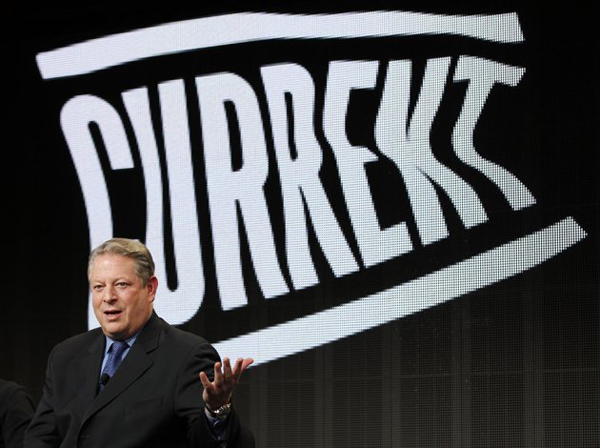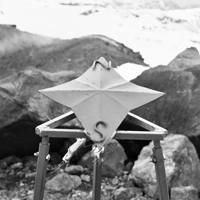
One of the more popular youth culture cable channels, and one highly touted for covering issues that mainstream news channels don’t, Current TV has become a darling media site and TV network for a new generation that’s become tainted by traditional media.
On Wednesday, January 2, 2013, former Vice President Al Gore, a co-founder with a 20% stake in Current TV, announced that indeed, Al-Jazeera had purchased the network for $500 million.
In Gore’s statement Wednesday he said that Al-Jazeera shares Current TV’s mission “to give voice to those who are not typically heard; to speak truth to power; to provide independent and diverse points of view; and to tell the stories that no one else is telling.”
Al-Jazeera has gained considerable attention around the world for its hard-hitting news and journalism, attracting a new crop of consumers interested in an alternative to mainstream stations in America.
Interestingly however, the Al-Jazeera has had a hard time cracking into the United States. This was the news channel that played the tapes of Osama Bin Laden after the 9/11 attacks, which tainted the brand among American viewers. In addition, Al-Jazeera, which is owned by the government of Qatar, has gotten a bad vibe from channels such as Time Warner Cable, which initially said they would drop Current TV if the deal went through, as the anti-American sentiment seeped through.
The deal means however, that Al-Jazeera will have access to more than 50 million homes in the U.S. via the Current TV distribution, and the new merger will result in a new name: Al-Jazeera America. They will also move the headquarters from San Francisco to New York.
For fans of Current TV, Al-Jazeera also promises to bring in even greater access for distribution, more news reporters and leading personalities, and a greater range of important stories.
Current TV, which was founded in 2005 by former Vice President Al Gore and Joel Hyatt, was somewhat controversial from the beginning as it offered up a new way of seeing and watching the news, with young reporters, and unique angles on exposing key stories in addition to engaging with people via social media. Al-Jazeera also has a strong social media presence which also explains why both have strong younger audiences—outside of the fact that both are respected sources of information.


